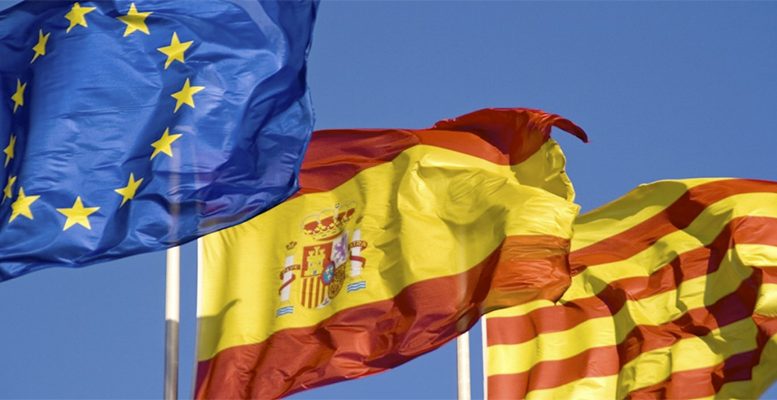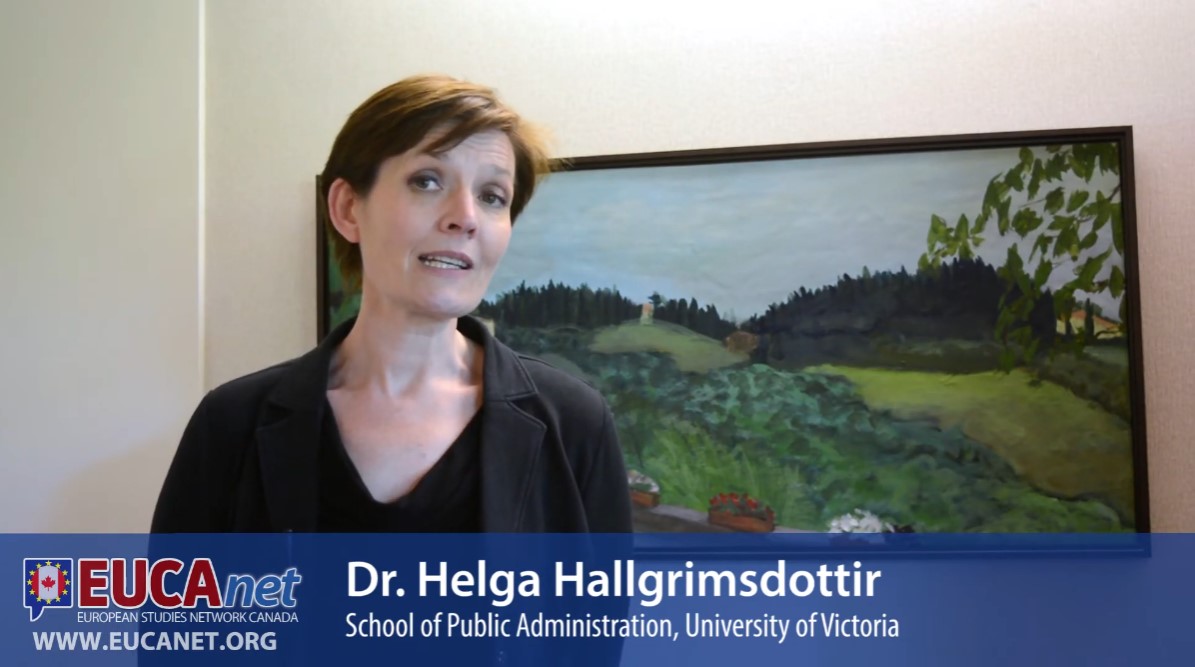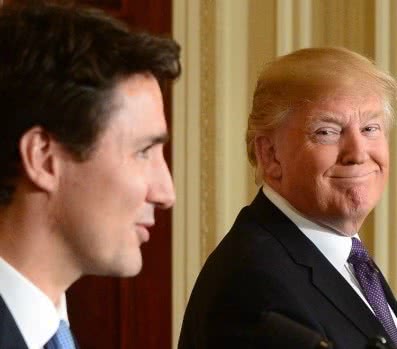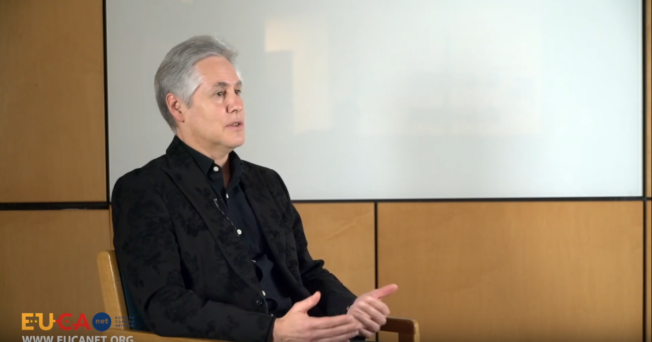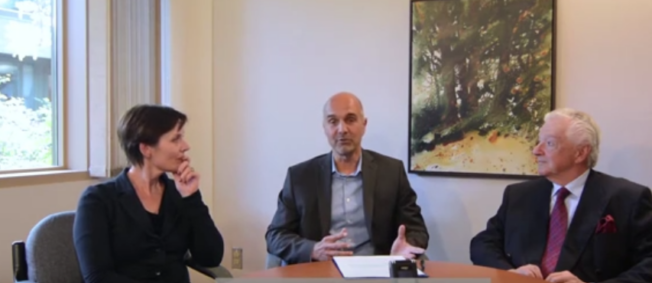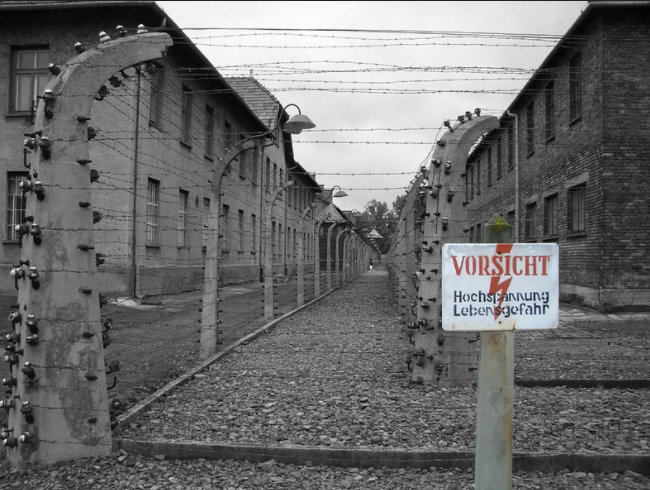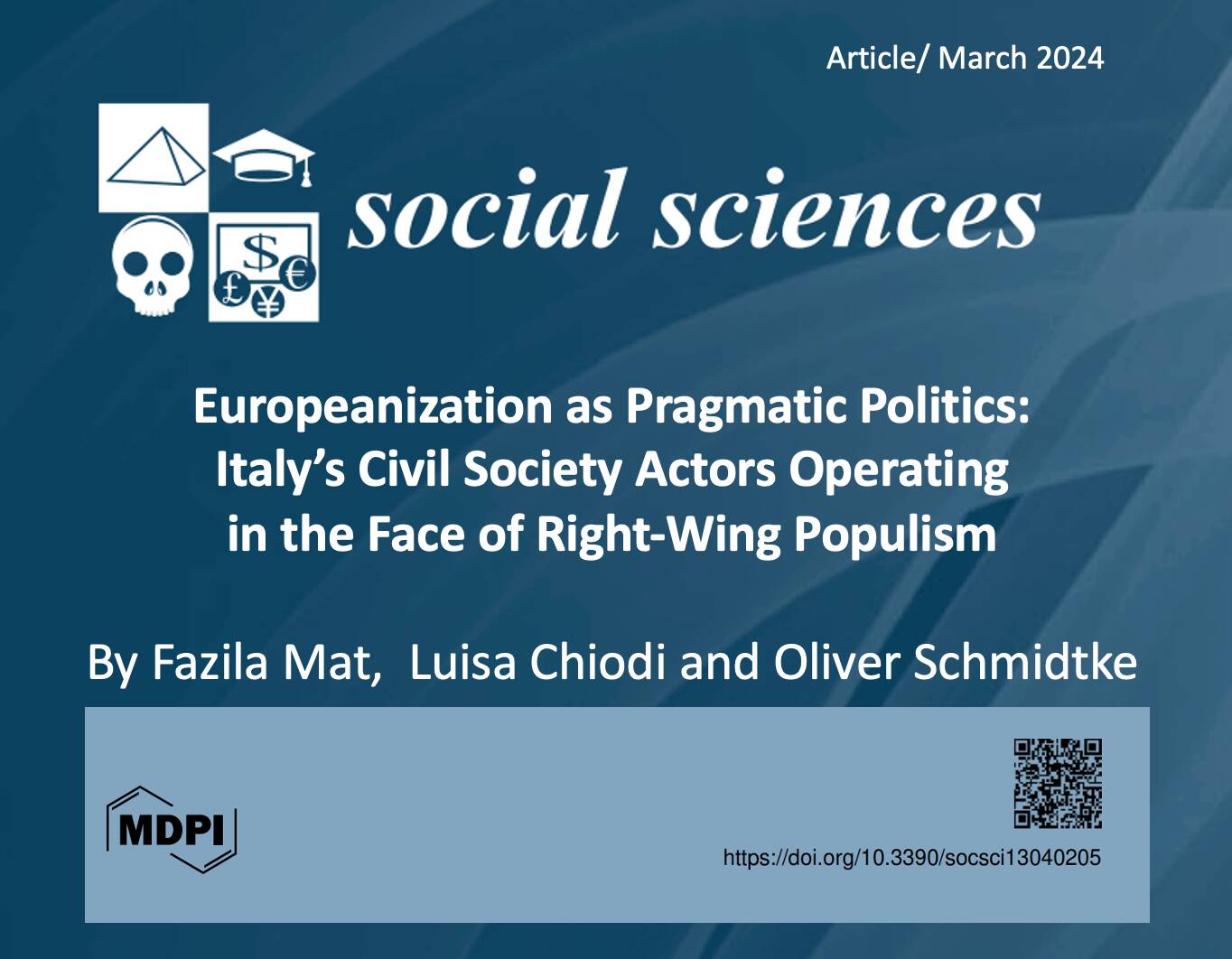Spain’s Deep Crisis of Democracy and Catalonia’s Controversial Quest for Independence, by Pablo Ouziel
By Pablo Ouziel, Centre for Global Studies at the University of Victoria
Looking into Spain from the outside it seems as if the current crisis in Catalonia has been caused by a Spanish State unable to accommodate the legitimate demand of the Catalan people to have the right to decide on their future. Although this is the case, from inside the country things look a lot more complicated. On the one side we have a right wing governing party in Spain the Partido Popular (PP) that is immersed in corruption scandals; Spanish courts are currently investigating 900 of its politicians. On the other hand we have a governing coalition in Catalonia JuntspelSí (Together for a Yes vote) which won the Catalan elections in 2015 with 1.1 million votes (36%) and 62 parliamentary seats. 29 of these seats are held by the right wing PdeCat (Catalan Democratic Party) and the current president of Catalonia, Carles Puigdemont, is a member of this party. The problem with the current independence process being led by this party is that it is the successor to the now-defunct CDC (Democratic Convergence of Catalonia) party, which like its Spanish counterpart is immersed in corruption scandals. In 2014 its founder Jordi Pujol, the leader of the party from 1974 to 2003, and President of the Catalan government from 1980 to 2003, was indicted together with his wife for money laundering and tax evasion. In addition his son who was also a member of the party is now serving a prison sentence for corruption.
It is important to remember that in Spain in 2011 we lived through the occupation of public squares by citizens referring to themselves as 15M and clearly opposing their representatives. In Catalonia 15M surrounded the Catalan Parliament in an attempt to stop the governing coalition in Catalonia from approving a set of draconian austerity measures. The then president of the Catalan government, Artur Mas, successor to Jordi Pujol in CDC, arrived to parliament in a police helicopter in order to be able to enter the building. It was months later that he announced the drive for a referendum in Catalonia blaming all the ills of Catalan society on the Spanish central government. In September of 2012 he publicly announced that it was time for the people of Catalonia to exercise the right of self-determination. A few years later in the 2015 Catalan elections Artur Mas was forced to step down amidst concerns regarding his own integrity as a politician. He then personally selected Carles Puigdemont as the person from his party that would assume the presidency of Catalonia.
What we have today in Catalonia is a situation in which it is in the interest of both the Spanish and the Catalan presidents to augment the conflict between nationalisms. Such a conflict helps both presidents save their parties from disintegration by consolidating their voter bases. The PP presenting itself as the only party capable of stopping the secession of Catalonia, and PdeCat portraying an image as the only party capable of making Catalonia into an independent republic. Such a conflict allows these two parties to remain in power while avoiding the crisis brewing in Spain because of their corruption scandals. The social contract that was reached by Spanish citizens in 1978, during the country’s transition from dictatorship to democracy has been broken. What we are seeing in Catalonia today is the beginning not the end of an escalation of conflict that will affect Spanish people in numerous ways; secession will be just one expression of social discontent in this deep crisis of democracy affecting Spain. The antidote to this crisis expressed by 15M in 2011 has now been silenced.
About the author: Pablo Ouziel is co-founder of the Cedar Trees Institute at the University of Victoria. He is Associate Fellowship at the Centre for Global Studies at the same university and is a visiting fellow at the Universitat Pompeu Fabra in Barcelona, Spain and the University of Southampton in the United Kingdom. Pablo’s research interests include public philosophy, collective presences, horizontality, nonviolence and civic democracy. By standing within the tradition of public philosophy, the core of his work is centred on excavating networks of individuals governing themselves in numerous ways that supersede our current structures of representative government
